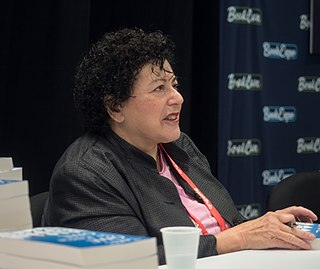A Quote by John Irving
I have always believed that, in a story, if something traumatic or calamitous enough happens to a kid at a formative age, that will make him or her the adult they become.
Related Quotes
I'm the youngest of six kids, and when a you're living in such a big family, you never really become an adult, and I'm so happy about that. At my 34, I think, "Even if I end up becoming a dad or something down the road, I don't think I'm ever going to be an adult. I'll just be a kid raising a kid.".
The economic sense of possibility was so great when I was growing up that my parents had no question that I could do anything I wanted to do, even as a girl. I've always believed that the economics of a story intersects with the women's story - that stuff often happens at the time it happens because of the economy.
Many of the things that I have written on have focused, at least a big part of the story, on adolescents. I think that in that period of life, so much happens, and it's the period of life where you're forming into an adult. In certain ways, you're already an adult and in certain ways you're still a kid.
But will I always love her? Does my love for her reside in my head or my heart? The scientist in her believed that emotion resulted from complex limbic brain circuitry that was for her, at this very moment, trapped in the trenches of a battle in which there would be no survivors. The mother in her believed that the love she hadd for her daughter was safe from the mayhem in her mind, because it lived in her heart.
A real good artist is basically a grown-up kid, who never kills the kid. What we call being an adult is basically about killing the kid. People think you have to forget about the kid to become an adult and deal with grown-up problems. But, that's bullshit. We are still kids. It's the same, you just grow up. You're a kid with more experience.
This is what I thought: for the most banal even to become an adventure, you must (and this is enough) begin to recount it. This is what fools people: a man is always a teller of tales, he sees everything that happens to him through them; and he tries to live his own life as if he were telling a story. But you have to choose: live or tell.
To defend something is always to discredit it. Let a man have a warehouse full of gold, let him be willing to give away a ducat to every one of the poor - but let him also be stupid enough to begin this charitable undertaking of his with a defense in which he offers three good reasons in justification; and it will almost come to the point of people finding it doubtful whether indeed he is doing something good. But now for Christianity. Yes, the person who defends that has never believed in it.






































